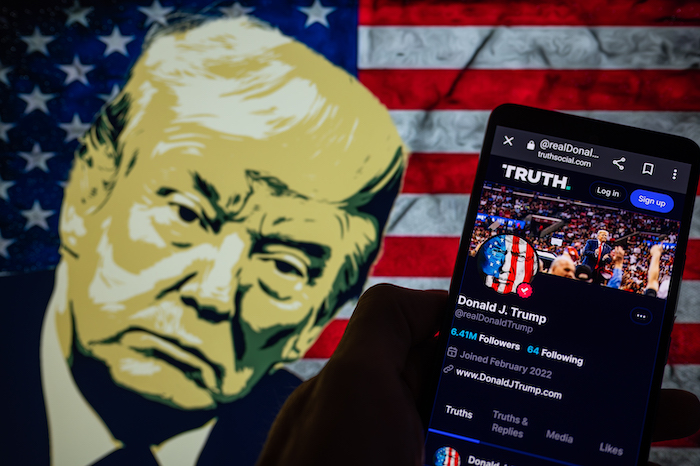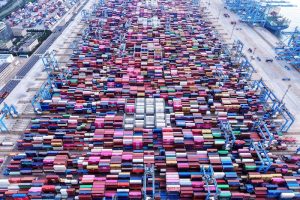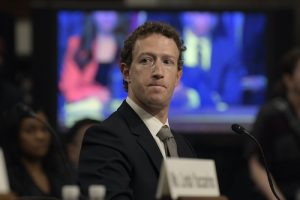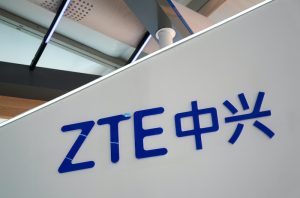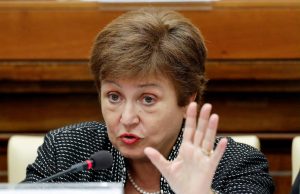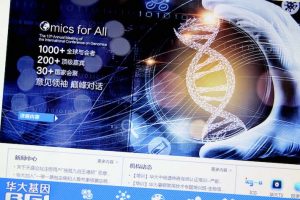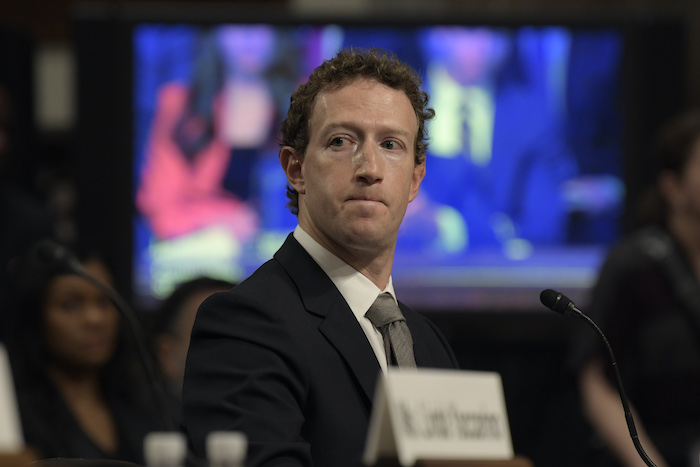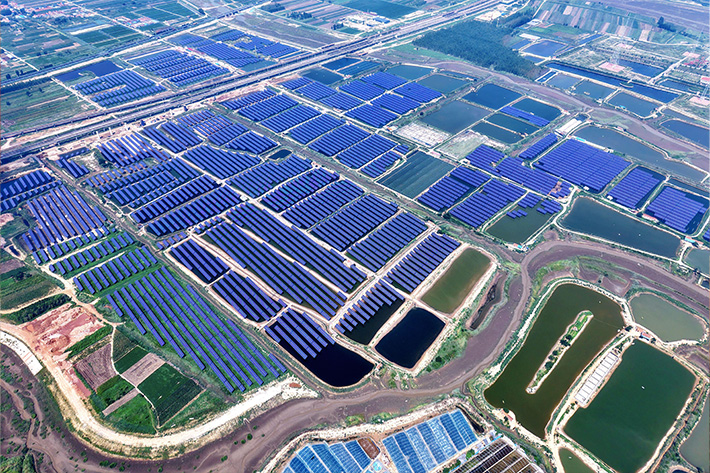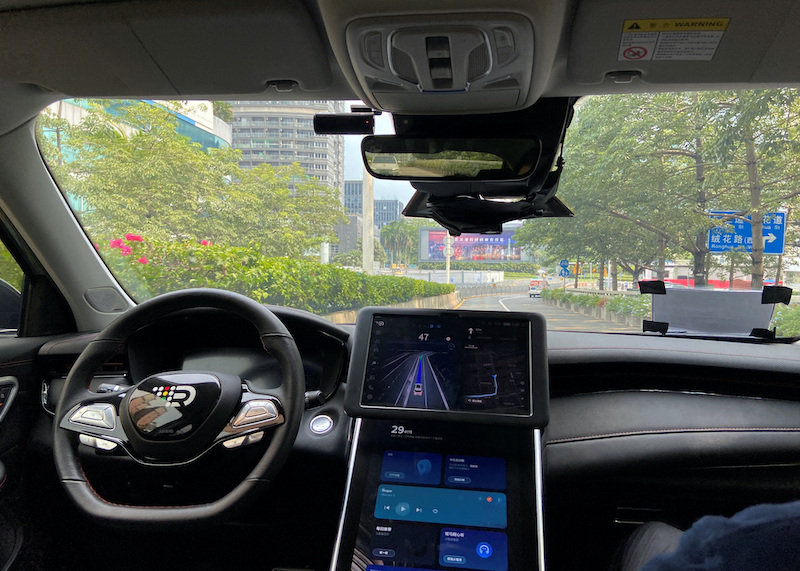US President Donald Trump rejected recent reports he was looking to meet with his Chinese counterpart Xi Jinping, adding that he might go to China but only if Xi were to invite him.
“The Fake News is reporting that I am SEEKING a “Summit” with President Xi of China. This is not correct, I am not SEEKING anything!” Trump wrote in a post on his social media platform Truth Social on Tuesday.
“I may go to China, but it would only be at the invitation of President Xi, which has been extended. Otherwise, no interest!” he added.
Also on AF: At Least 30 Dead After Huge Downpour in Beijing’s ‘Rain Trap’
Trump’s posts coincide with the start of high-stakes talks between China and the United States in Stockholm, where envoys from the world’s two biggest economies will look to resolve longstanding economic disputes, yet again.
The meetings may not yield immediate large breakthroughs, but the two sides could agree to another 90-day extension of a tariff truce they reached in mid-May.
China faces an August 12 deadline to reach a durable tariff agreement with Trump’s administration, without which it could again face triple-digit tariffs.
A solid truce between the two would also bring to an end to weeks of escalating tit-for-tat tariffs and a decision by China to cut off its exports of rare earth minerals and magnets, especially to the US. Beijing has, however, restarted its rare earth trade with the US for now, after talks in May and June.

Before Trump’s Truth Social post on Tuesday, it was also speculated that a truce would pave the way for a meeting between Trump and Xi. Reuters cited sources last week as saying that aides to Trump and Xi have discussed a potential meeting between the leaders during a trip by the US President to Asia later this year.
Any potential meeting between the two would be their first face-to-face encounter since Trump began his second term in office.
China’s rare earth leverage
Meanwhile, delegations from the US and China met for more than five hours on Monday afternoon and evening at Rosenbad, the Swedish prime minister’s office in central Stockholm. Neither side made statements after the first day of talks.
US Treasury Secretary Scott Bessent was seen arriving at Rosenbad on Tuesday morning after a separate meeting with Swedish Prime Minister Ulf Kristersson. China’s Vice Premier He Lifeng also arrived at the venue.
The Stockholm talks follow Trump’s biggest trade deal yet, with the European Union on Sunday for a 15% tariff on most EU goods exports to the United States, and a deal with Japan.
That agreement has brought a measure of relief to the EU but also frustration and anger, with France denouncing the deal as a “submission” and Germany, Europe’s largest economy, also warning of “significant” damage.
China can exercise a degree of leverage with its grip on the global market for rare earths and magnets, used in everything from military hardware to car windshield wiper motors, analysts say.
Unlike the EU, it also does not rely on the United States for security ties and can let trade talks play out for several more months, Cyrus de la Rubia, chief economist at Hamburg Commercial Bank, told Reuters.
“China is well aware of its strong negotiating position, as could clearly be seen in the temporary escalation observed in April,” he said.
“But over Europe always hangs the Damocles sword of the US withdrawing its security guarantee, and that is why the EU did not escalate the situation like China did.”
China hawks unhappy
Among broader economic issues, Washington complains that China’s state-led, export-driven model is flooding world markets with cheap goods, while Beijing says US national security export controls on tech goods seek to stunt Chinese growth.
Bessent has already flagged a deadline extension and has said he wants China to rebalance its economy away from exports to more domestic consumption – a decades-long goal for US policymakers.
At the same time, however, Trump has sought to avoid disrupting trade talks by pausing curbs on technology exports to China. On Monday, the Financial Times reported that industry and security bureau officials at the Commerce Department, which oversees export controls, had been warned against making any tough moves on China in recent months, citing current and former US officials.
It is worth noting that the FT report also mentioned Trump was looking to secure a meeting with Xi. While Trump has now denied reports of the meeting, his administration has already begun loosening tech curbs.
Last week, US chipmaker Nvidia — now the world’s most valuable company — said it had secured assurances from Washington that it could start selling its H20 artificial intelligence chips to China again. Later, China also said that US officials had reiterated that commitment to them.
The planned resumption was part of US negotiations on rare earths and magnets, Commerce Secretary Howard Lutnick has said.
The FT, meanwhile, said 20 security experts and former officials, including former deputy US national security adviser Matt Pottinger, have written to Lutnick to voice concern.
“This move represents a strategic misstep that endangers the United States’ economic and military edge in artificial intelligence,” they write in the letter, it added.
Meanwhile, Trump’s changing approach has also pushed the deeply divided US Congress to come together to introduce bills targeting China over its treatment of minority groups, dissidents and Taiwan, emphasising security and human rights.
“It does appear that President Trump is keen to negotiate some kind of deal with China, and gaps are opening between his approach to China and the approaches of some members of his team, as well as with Congress, which overall has been quite hawkish on China,” Bonnie Glaser, an Asia expert at the German Marshall Fund of the United States, told Reuters.
- Reuters, with additional editing and inputs from Vishakha Saxena
Also read:
Chinese AI Firms, Chipmakers Form Alliance To Ditch Foreign Tech
China Stops Most Antimony Exports But Rare Earth Sales to US Soar
Beijing Not Letting Two China-Born US Citizens Leave the Country
China Softens Tone on US Ties Amid Potential Thaw In Chip War
CK Hutchison Ports Deal Deeply Entangled in US-China Trade




